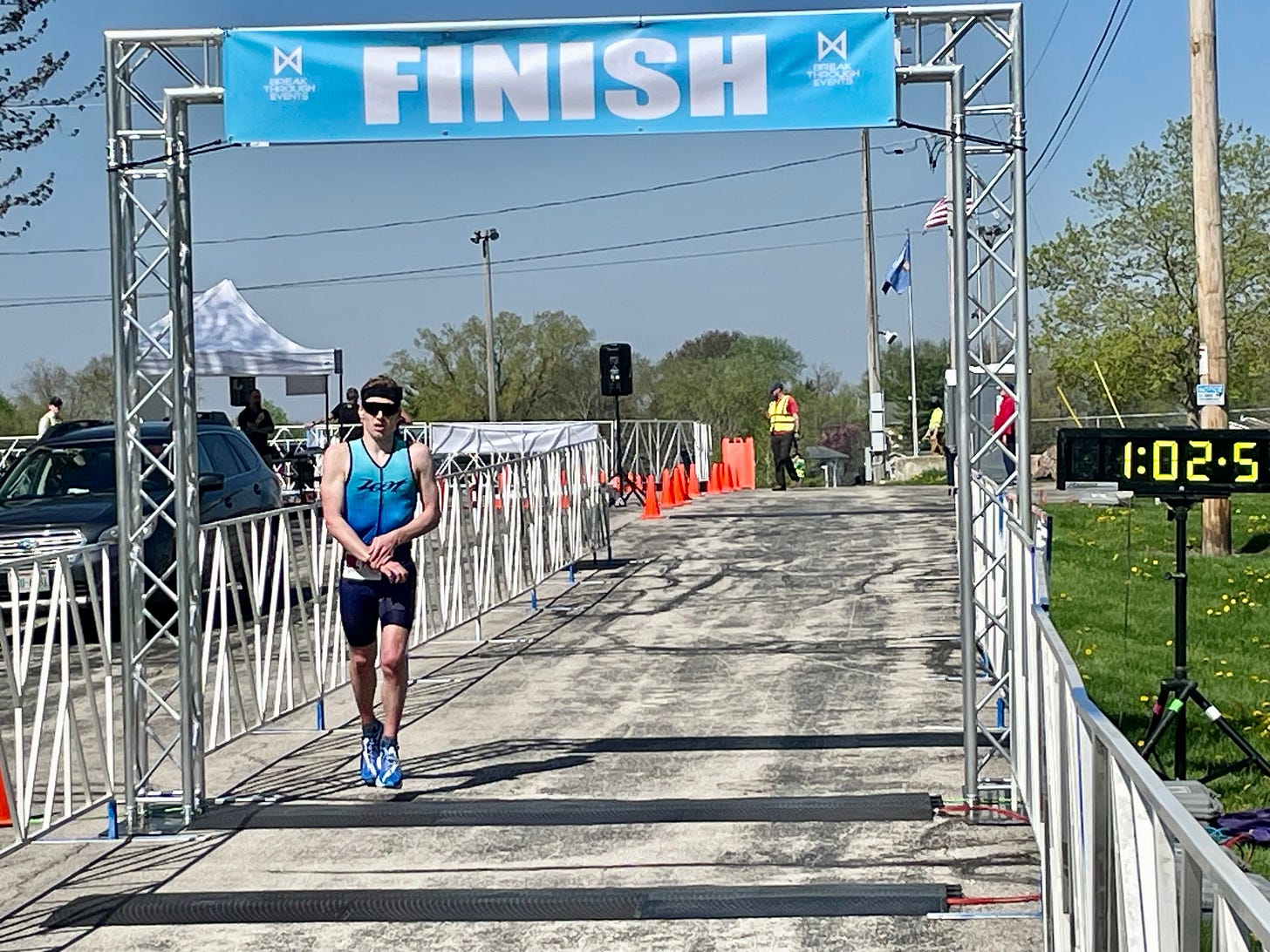We all have that one thing we know we should do, but are incapable of making happen. For me, that thing is realizing the negative effects of overthinking.
My favorite alliteration, Proper Preparation Prevents Poor Performance, is a hill I am willing to die on. Operating on a whim does not usually end how you want it to. This phrase does not, however, insinuate endless preparation. This is where I often make my mistake.
If some is good, more is better? Not quite. At some point focus must be shifted from planning, preparing, or thinking to doing.
I only know this to be true because I have lived the experience of falling victim to overthinking and overpreparing. Adapting to the situation becomes impossible when the intricate plan begins to fail.
There is plenty of discussion on the internet about the closing the space between what you say you will do and what you actually do. It is called the Say-Do gap and it is an excellent way to hold yourself accountable.
The same idea can be applied to taking the thoughts you have in the queue and executing: closing the Think-Do gap.
Doing more and thinking less is not
Operating nonchalantly
Being lax with basics
Guessing
You still have to prepare. If you are not prepared in some capacity, you’ll lack the tools to do what you are aiming for. I can illustrate with an example:
I have been working on honing my skills with performing a new patient evaluation. I am still quite “green” in this area and have found myself trying to plan out beforehand exactly how I want to perform the evaluation.
The expectation is that if I plan for it, it’ll happen and I will be ready.
But it never ends up going according to plan. My intricate preparations end up foiled and I am left feeling lost.
What have I done to change? I have relied on the fact that my education has gotten me to where I am at. All of the classwork was not for nothing. I have an understanding of the basics and there is little need to overanalyze how to implement the basics.
“Just start doing it, man. See what you find and go from there”, a mentor explained to me.
Gathering information about the patient, even if imperfect, is far better than freezing, overthinking the already overthought plan, and gathering absolutely nothing.
For those who agonize over the details of planning training or having a flawless buildup to a race, you may consider scrapping your thinking cap for a bit.
You’re motivated and full of energy. Put it to use by springing into action.



Interesting article, thanks Max. I would suggest rather having a plan or an expectation of exactly how something will go, you should think about a range of potential scenarios. This is more likely to encompass things which occur that would not have been in your plan. If you have considered what actions you'll take when different scenarios arise you'll be able to act more quickly and effectively.